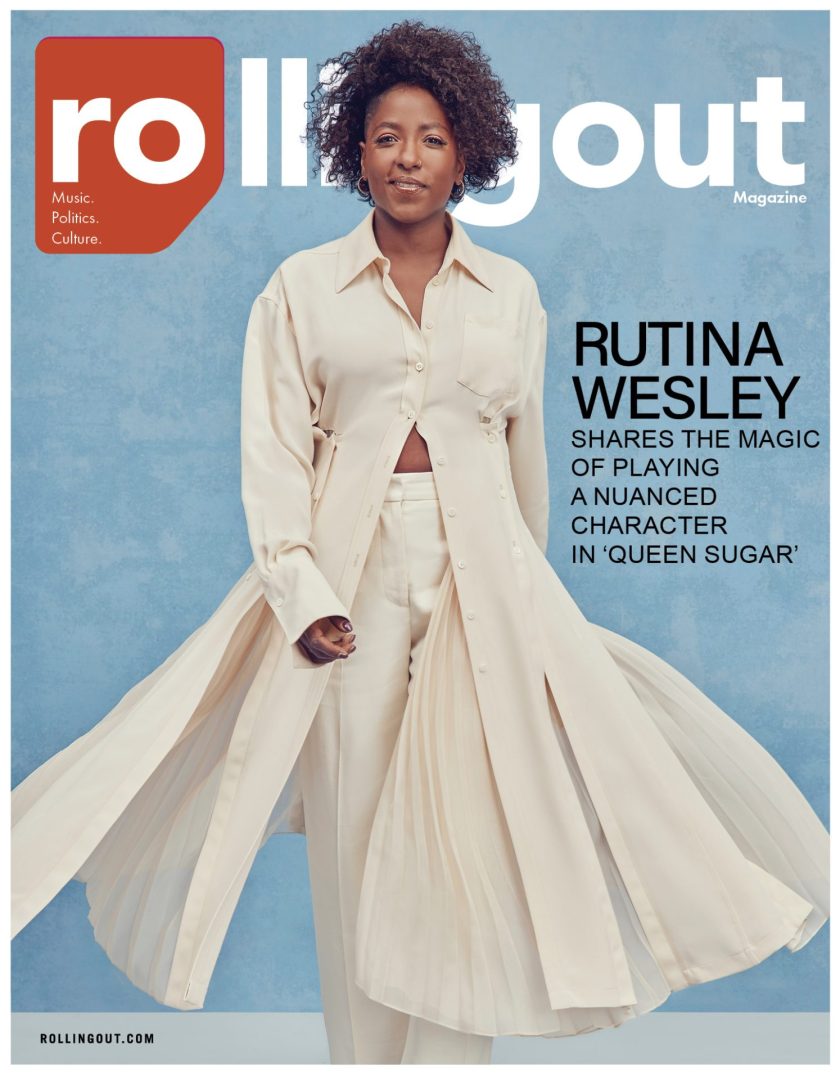Wesley has had her fair share of experiences with stereotyping. After graduating from high school, she attended college in tiny Evansville, Ind. The city girl was reluctant to move to a town in an area of the country not exactly known for diversity. “It was the middle of the country and [I’d been told] the KKK capital of the world [was], like, an hour away,” she recalls, laughing. “And I was like ‘No, no, no — I’m not going there.”
“I had one teacher who was going there and he was really rooting for the school,” she says, which ultimately swayed her decision to attend. “I was the only black girl in the theater department. Played a lot of slaves and narrators [laughs] but they did love me there and there were three black guys when I got there that took me in. I got a great education. If it wasn’t for Evansville, I wouldn’t have gotten into Juilliard. They really prepare you for graduate school. It was great.”
But Wesley did encounter racism from people who grew up in an environment that was still culturally segregated in the late 1990s. “I had to go to the other side of the tracks to get my hair done,” she says. “They were cool over there. But there was definitely a separation.”
Her experiences with race have affected her, but they haven’t defined her. She acknowledges the realities of being a darker-skinned actress in Hollywood, but says that times may be changing.
“I think there has been a shift,” Wesley says. “Viola [Davis] is on fire right now and she’s my role model. I love her and Angela Bassett. I grew up watching them. But it took a long time for [Davis] to get her due. She’s getting it and I’m glad. But why did it take people so long? She’s always been amazing. We got Kerry [Washington] as the lead on a hit show and it’s really cool that the networks are taking a chance. It’s actually not even that they’re taking a chance — it’s just thinking outside the box. There’s a lot of talent out there.”












